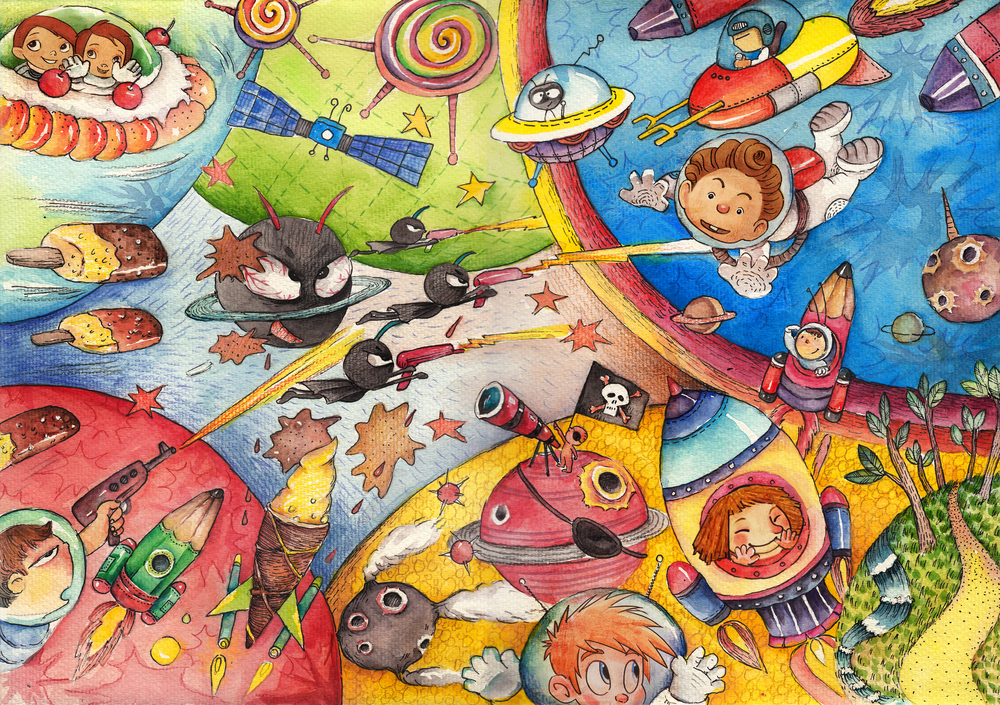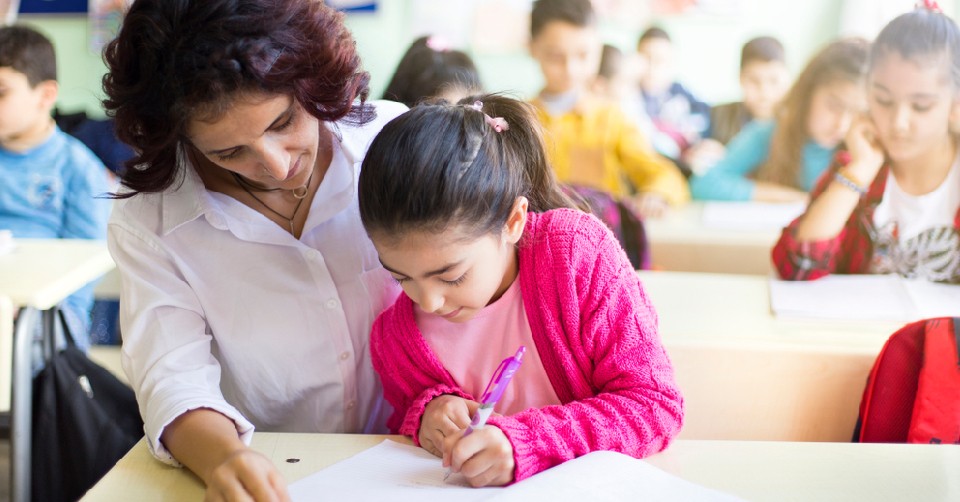Reading
How to use children's books to have difficult conversations

By Rania Dawud
We all reach a point in our lives where we come to understand that the world is bigger and scarier than we had previously thought. It is tricky to navigate one's life in a world that exists in shades of grey; we tend to look back and long for our childhoods when everything was still in black and white.
But children will eventually come to see the sobering reality of the unpleasant aspects of the world we live in.
It can be daunting to think of when the time comes and our children begin to pay attention to and make sense of what they see on the news; the time when they will lose their innocence. The news cycle can create a cynic out of anyone and we would not want our children to be burdened with hopelessness early on in their lives.
We can only pray that our children will never have to learn about distressing issues through experiencing them, as there is not much we can do to cushion the harshness of the truth, except perhaps if they learn about it through fiction.
The origin of children’s fiction novels is traced back to the bleak collection of Grimms’ Fairy Tales, many of which were horrifying and gory but their intent was to enable children to confront the horrors of the world in a safe space.
Children’s books have come a long way since then, and aside from the endlessly entertaining examples of book series and picture books, there are various examples of children’s literature that tackle more mature themes such as grief, illness, bullying and more. More recently as well, there have been books that broadened their material to handle subjects like war, refugees, trauma, race, injustice and gender.
Fiction offers a supportive environment for children to confront their fears: by allowing them to create connections between what is real and what is seen, they can develop context and be able to face the world ahead.
There are also great films aimed at children like Coco, Inside Out and Zootopia, to name a few, that are very fun to watch yet contain thought-provoking themes that provide a healthy gateway into trickier conversations and questions that children will soon become curious about.
While there are plenty of reasons to encourage children to read children's stories, from strengthening their language skills to fostering empathy, we should not underestimate the power fictional stories have in helping children understand the real world.













